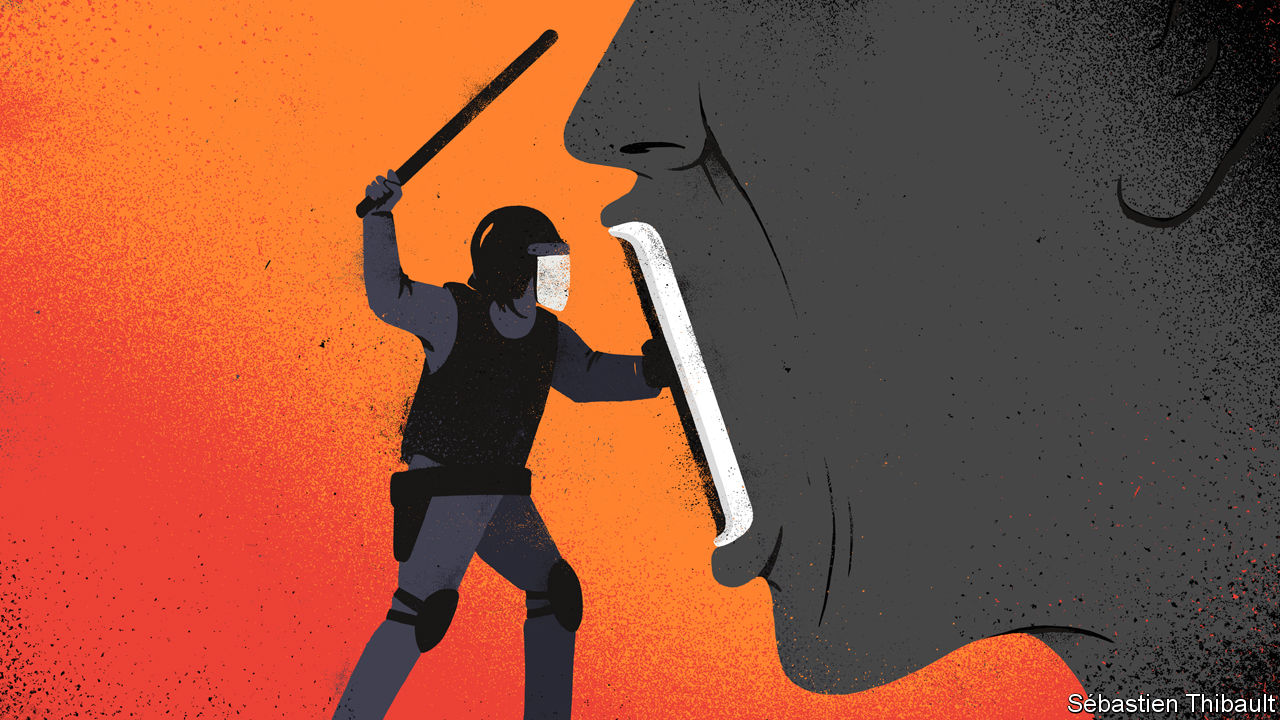April 12, 1861, marked the official beginning of the American Civil War when Confederate forces attacked Fort Sumter. After the attack, President Lincoln, who was just elected as of 1860, called for troops to suppress the rebellion, and more states, both from the Union and the Confederacy, joined the conflict. Large scale battles, significant casualties on both sides, and a range of military strategies and tactics, including sieges, naval blockades, and guerrilla warfare characterized the war. The American Civil War, being a complex and divisive conflict, saw a variety of voices and opinions, including anti-war sentiments.
Although the Constitution was written back in 1787 and ratified in 1789, the Supreme Court did not interpret the first amendment the way we think about it in today’s time. In the 1800s, states, and localities had considerable leeway to abridge and regulate your freedom of speech and freedom of the press, and it was not a First Amendment violation. Some states and localities had laws that restricted freedom of speech and freedom of the press, including laws that criminalized criticism of the government, sedition, blasphemy, obscenity, and libel, among others. These laws were often used to suppress dissenting voices, especially those critical of the government or advocating for controversial ideas or causes.
Various reasons existed as to why people were reluctant to support the American Civil War. Many men were being forced into the draft when they openly did not even care about who won the war and just wanted to be left alone. Along with many other reasons and motives, this eventually led to an outbreak of anti-war sentiments protesting against the war.
During the year 1861, following Fort Sumter, President Lincoln suspended the writ of habeas corpus. Giving military leaders the authority to silence rebels and anti-war voices, commanders were then authorized to arrest and jail anyone who posed a threat to their directive. However, habeas corpus is a fundamental right that protects individuals from arbitrary detention and ensures that they have the right to challenge the legality of their detention in court. Critics argued that Lincoln’s suspension of habeas corpus violated this fundamental right and undermined the protection of civil liberties, as individuals could be detained without being charged or given a trial.
In Today’s time, the mainstream media, as a powerful institution that shapes public discourse and opinion, is often criticized for its perceived lack of coverage and representation of strong anti-war voices. Political considerations and pressures can contribute to the silencing of anti-war voices in mainstream media. Governments and political establishments may exert influence on media outlets through various means, including censorship, intimidation, or co-optation. Antiwar voices that challenge government policies question military interventions or raise dissenting views may face pushback or even censorship from political authorities or powerful interest groups.
Editorial policies of mainstream media outlets can also significantly influence the representation of anti-war voices. Editorial decisions, which are shaped by the perspectives, biases, and interests of media owners, editors, and journalists, can result in the prioritization of certain viewpoints and the exclusion of others. In some cases, mainstream media outlets may have a pro-war or pro-military bias, leading to less coverage of anti-war voices or framing them in a negative or dismissive light. This ultimately leads to a limited diversity of voices and perspectives, perpetuating a dominant narrative that supports military intervention or war. It is obvious as well that there is a lot of coming intimidation from the government, especially during times of war, for American citizens to take a backseat and simply follow orders. However, that is not what our country stands for. It is our duty and right as Americans to speak up and voice our opinions.





No comments:
Post a Comment